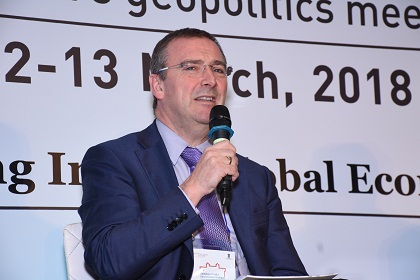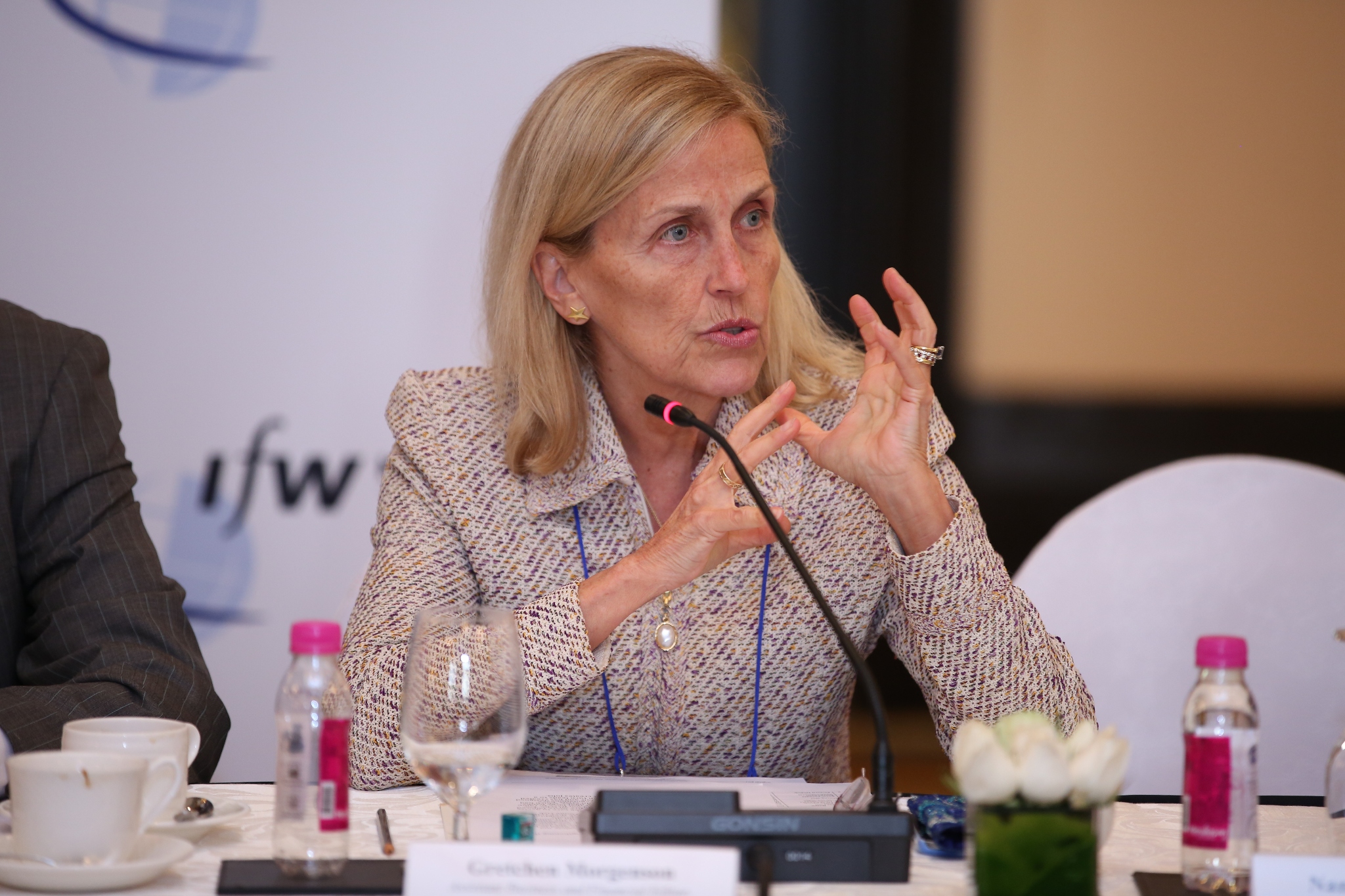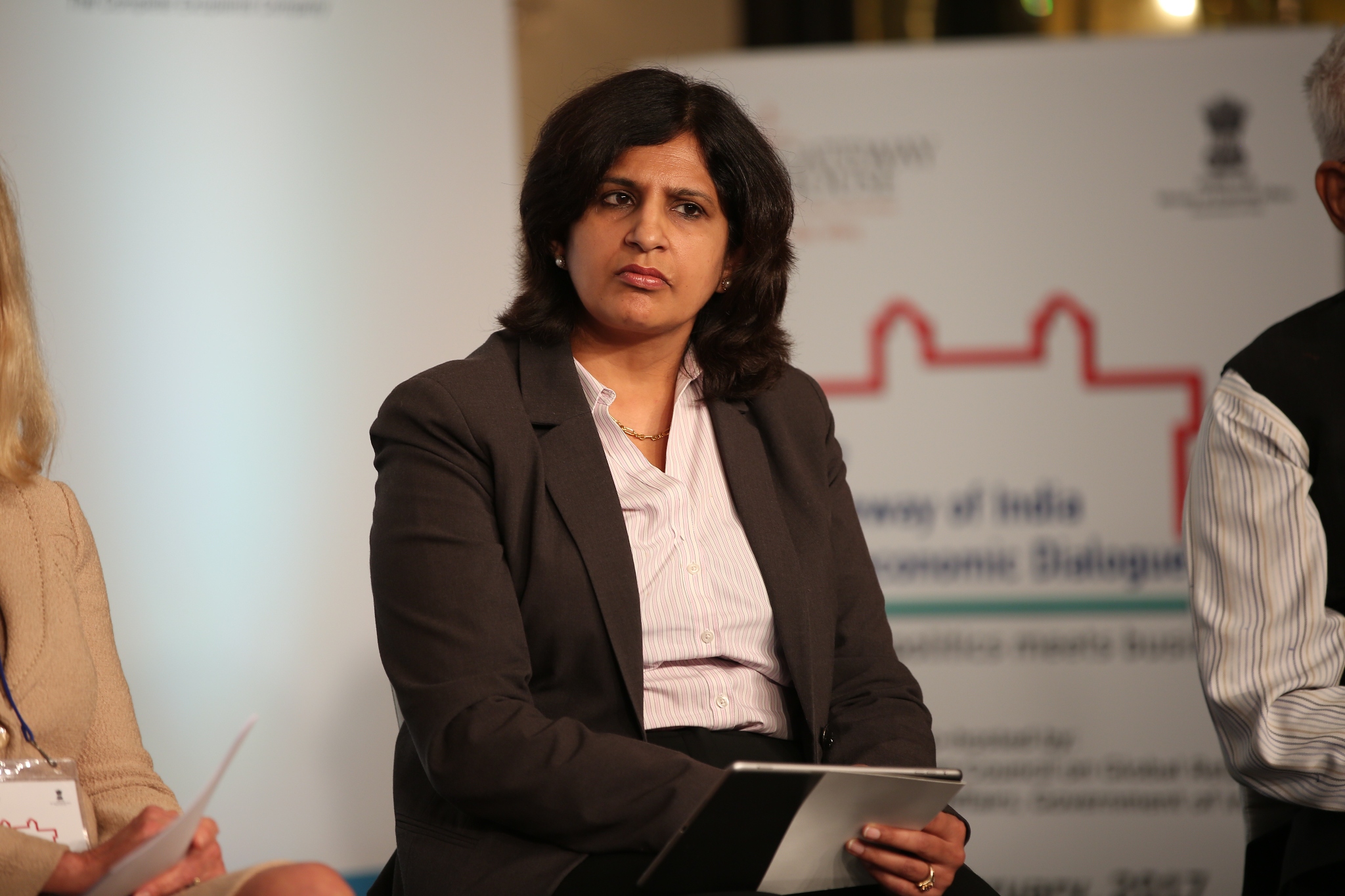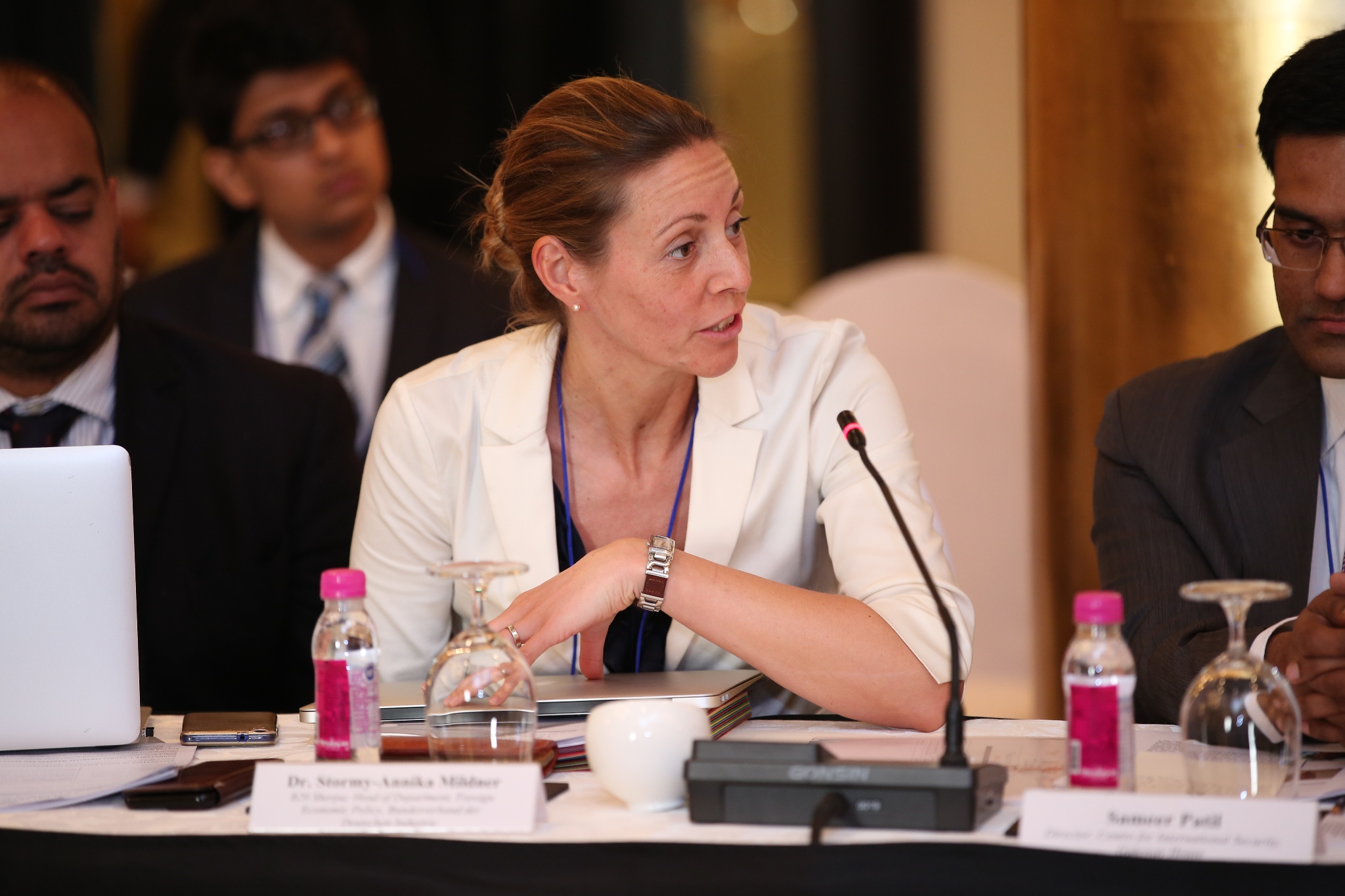In Gretchen Morgenson's interview she discusses the implications on the American stock market of the repeal of the Dodd-Frank financial regulations and the possibility of a reduction in corporate taxes. She argues that although Trump has proposed several changes to financial regulations and the American tax regime, he may be unable to implement these measures. She then illustrates the impact of the lack of accountability of the government on the psyche of the American consumer, which would, by default, affect the economy. She emphasizes on the impact, that Trump being a real estate business man, will have on his negotiating methods, and in turn will have on investors.







